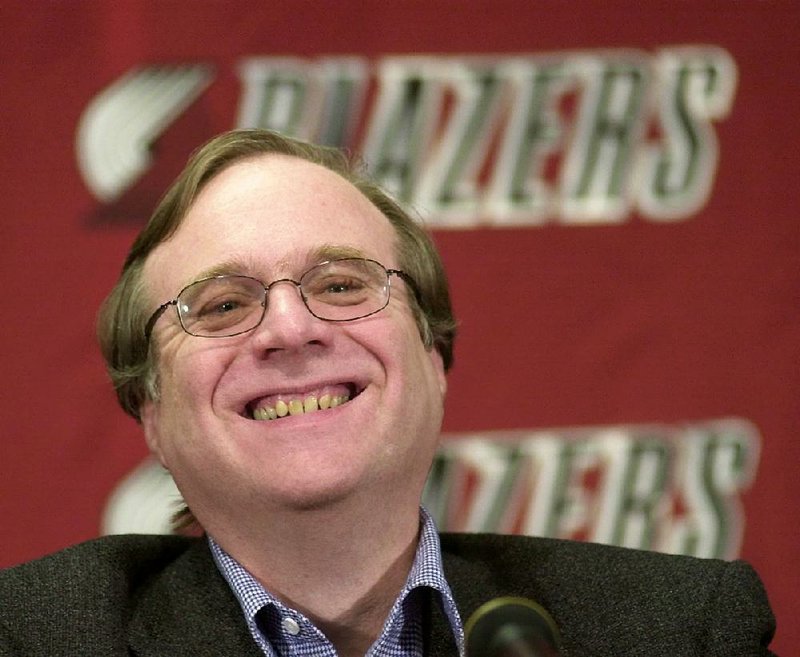SEATTLE -- Paul Allen, who co-founded Microsoft with his childhood friend Bill Gates before becoming a billionaire philanthropist, died Monday. He was 65.
He died in Seattle from complications of non-Hodgkin's lymphoma, his company Vulcan Inc. announced.
Microsoft Chief Executive Officer Satya Nadella called Allen's contributions to the company, community and industry "indispensable."
"As co-founder of Microsoft, in his own quiet and persistent way, he created magical products, experiences and institutions, and in doing so, he changed the world," Nadella wrote on Twitter.
Two weeks ago, Allen announced that the non-Hodgkin's lymphoma that he was treated for in 2009 had returned, and he planned to fight it aggressively.
"My brother was a remarkable individual on every level," Allen's sister Jody Allen said in a statement. "Paul's family and friends were blessed to experience his wit, warmth, his generosity and deep concern."
Allen and Gates met while attending a private school in north Seattle. The two friends would later drop out of college to devote themselves to their startup, originally called Micro-Soft.
Microsoft's big break came in 1980, when IBM Corp. decided to move into personal computers and asked Microsoft to provide the operating system. Microsoft spent $50,000 to buy a system known as QDOS from programmer Tim Paterson. The operating system that Microsoft provided was renamed PC DOS, but Microsoft kept the rights to sell a similar version -- renamed MS-DOS, for Microsoft Disk Operating System -- to other companies. The software became the core of most PCs, catapulting Microsoft into its dominant position in the PC industry.
The first versions of two classic Microsoft products, Microsoft Word and the Windows operating system, were released in 1983. That year, Allen resigned as Microsoft's executive vice president of research and new product development after being diagnosed with cancer.
"To be 30 years old and have that kind of shock -- to face your mortality -- really makes you feel like you should do some of the things that you haven't done yet," Allen said in a 2000 book, Inside Out: Microsoft in Our Own Words.
Gates and Allen became billionaires. Allen gave more than $2 billion to a variety of interests, including ocean health, homelessness and the advancement of scientific research.
In 1988, at 35, he bought the Portland Trail Blazers professional basketball team. He also was a part-owner of the Seattle Sounders FC, a Major League Soccer team, and bought the Seattle Seahawks football franchise.
His influence is visible in Seattle and the Pacific Northwest, including in the bright metallic Museum of Pop Culture that he founded and in the computer science center at the University of Washington that bears Allen's name.
A Section on 10/16/2018
